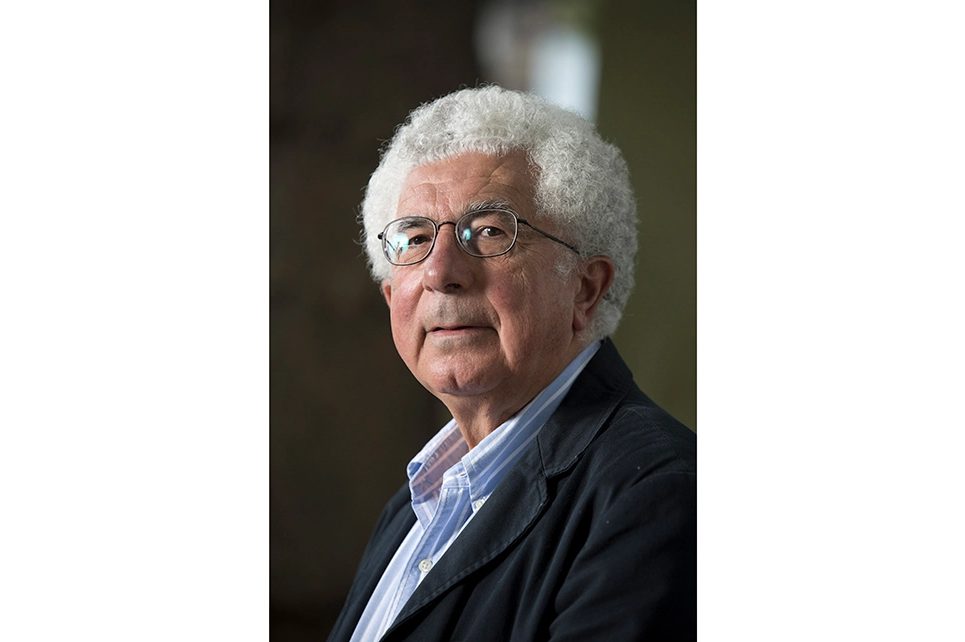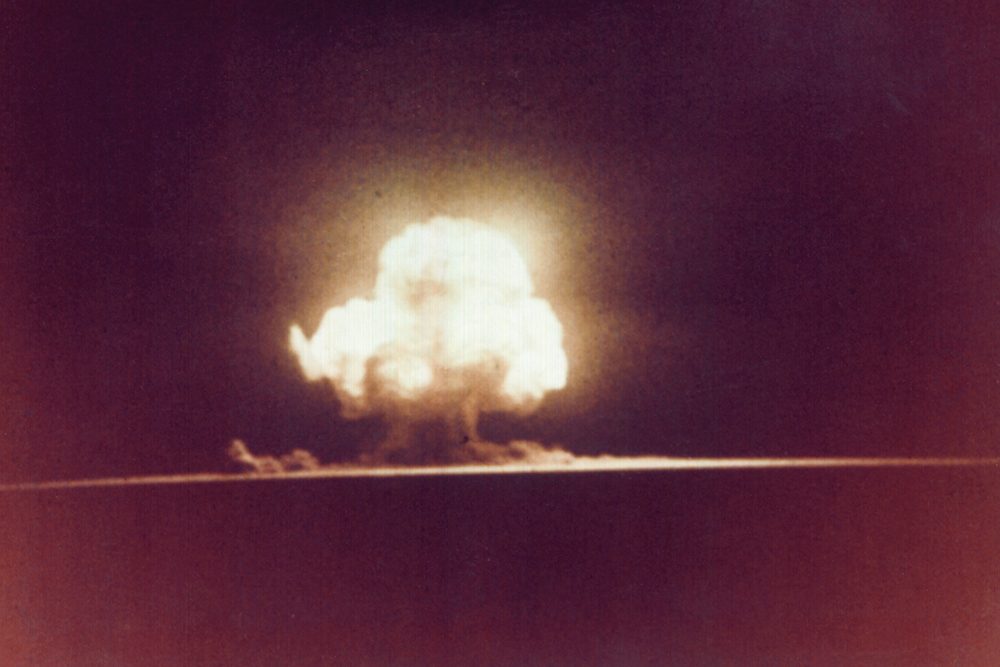Avi Shlaim’s family led the good life in Baghdad. Prosperous and distinguished members of Iraq’s Jewish minority, a community which could trace its presence in Babylon back more than 2,500 years, they had a large house with servants and nannies, went to the best schools, rubbed shoulders with the great and the good and sashayed elegantly from one glittering party to the next. Shlaim’s father was a successful businessman who counted ministers as friends. His much younger mother was a socially ambitious beauty who attracted admirers, from Egypt’s King Farouk to a Mossad recruiter. For this privileged section of Iraqi society, it was a rich, cosmopolitan and generally harmonious milieu. And for the young Shlaim, born in Baghdad in 1945, these were halcyon days.
They were not to last. In 1950, during a series of bombings targeting the Jewish population in the Iraqi capital, he and his family fled their ancient homeland to begin new lives in the fledgling state of Israel. His father, by then in his fifties, could not speak Hebrew and was completely undone by the move. After a couple of failed attempts to start a business, he never worked again. Shlaim’s vivacious mother was forced to take up the slack, exchanging the gilded life of a society hostess in Baghdad for a mundane job as a telephonist in Ramat Gan, east of Tel Aviv, where they lived in much diminished circumstances. The couple drifted apart and divorced, and Shlaim’s father died in 1970.
Disinterring his turbulent childhood more than seventy years later, Shlaim, a retired Oxford professor and distinguished historian of the Arab-Israeli conflict, comes to understand that his earliest relationship with Israel was defined by an inferiority complex. The Sephardim, Jews from Arab lands, were looked down upon by the Ashkenazim, their European counterparts. He was tongue-tied and taciturn at school and only regained his confidence, after an unhappy period in Israel, when resettled as a teenager in Britain.
At the heart of this riveting and profoundly controversial book is Shlaim’s investigation into the Baghdad bombings against Jewish targets in 1950 and 1951. Between those years around 110,000 Jews of a population of approximately 135,000 emigrated from Iraq to Israel. Although Israel has consistently denied any involvement in these attacks, suspicion has hung over the clandestine activities of Zionist agents tasked with persuading the Jewish community to flee Iraq and settle in Israel. Shlaim’s bombshell is to uncover what he terms “undeniable proof of Zionist involvement in the terrorist attacks,” which helped terminate the millennial presence of Jews in Babylon. It is quite a charge — and will always be hotly disputed.
This is a beautifully written book which artfully blends the personal with the political. The recollections of family life in both its glory and its anguished tribulations are vividly recreated. Shlaim’s is a powerful and humane voice which reminds us that the Palestinians were not the only victims of the creation of Israel in 1948. He argues that the Zionist project dealt a mortal blow to the position of Jews in Arab lands, turning them from accepted compatriots into a suspected fifth column allied to the new Jewish state. He resolutely clings to his identity as both Arab and Jew, hence the title of this memoir.
After national service and his arrival as an undergraduate in Cambridge in 1966, Shlaim brings his story to a close with an extraordinary epilogue in which he launches a full-frontal assault on Zionism and the modern state of Israel. Even after everything that has come before this, its sheer ferocity stuns.
This is a lacerating J’Accuse that will leave some readers reeling. He argues that the Eurocentric Zionist movement and Israel together have intensified divisions between Arabs and Jews, Israelis and Palestinians, Hebrew and Arabic and Judaism and Islam. It has actively worked to erase an ancient heritage of “pluralism, religious tolerance, cosmopolitanism and coexistence. Above all, Zionism has discouraged us from seeing each other as fellow human beings.” Israel, originally created by a “settler-colonial movement” which perpetrated the “ethnic cleansing of Palestine,” has become “a fortress state with a siege mentality that attributed genocidal intentions to its neighbors.” This is bitterly contested territory. Shlaim confesses that the majority of Israelis, including his family, are outraged by the designation of Israel as an “apartheid state,” yet this is precisely what he considers it.
As for the most effective way forward, it is difficult to mount a credible argument against his conclusion that the so-called “two-state” solution to the Israeli-Palestinian conflict is a busted flush. After years of the relentless and illegal expansion of Israeli settlements, the clearest way to demonstrate this is to pose a simple question. Where exactly would the Palestinian state be?
Shlaim’s preferred resolution of the conflict, once dismissed as an extreme fringe pursuit but now considered with increasing seriousness, including by Palestinians but extremely few Israelis, is the one-state solution, with “equal rights for all its citizens, regardless of ethnicity or religion.” That would equate to the end of the Jewish state of Israel. Why should that even be contemplated? Shlaim answers with a final thrust of the knife: “Apartheid in the twenty-first century is simply not sustainable.”
This article was originally published in The Spectator’s UK magazine. Subscribe to the World edition here.

























